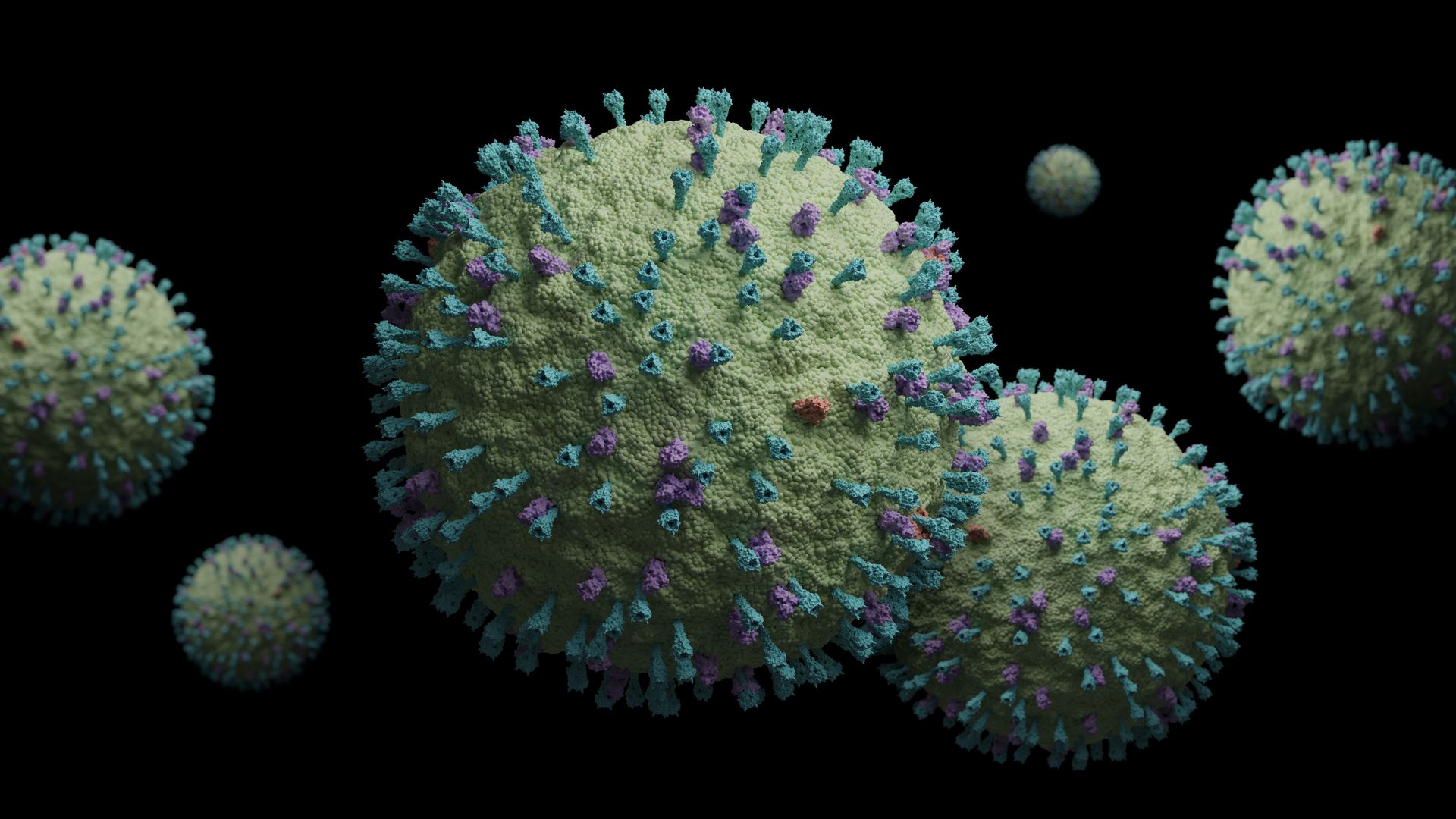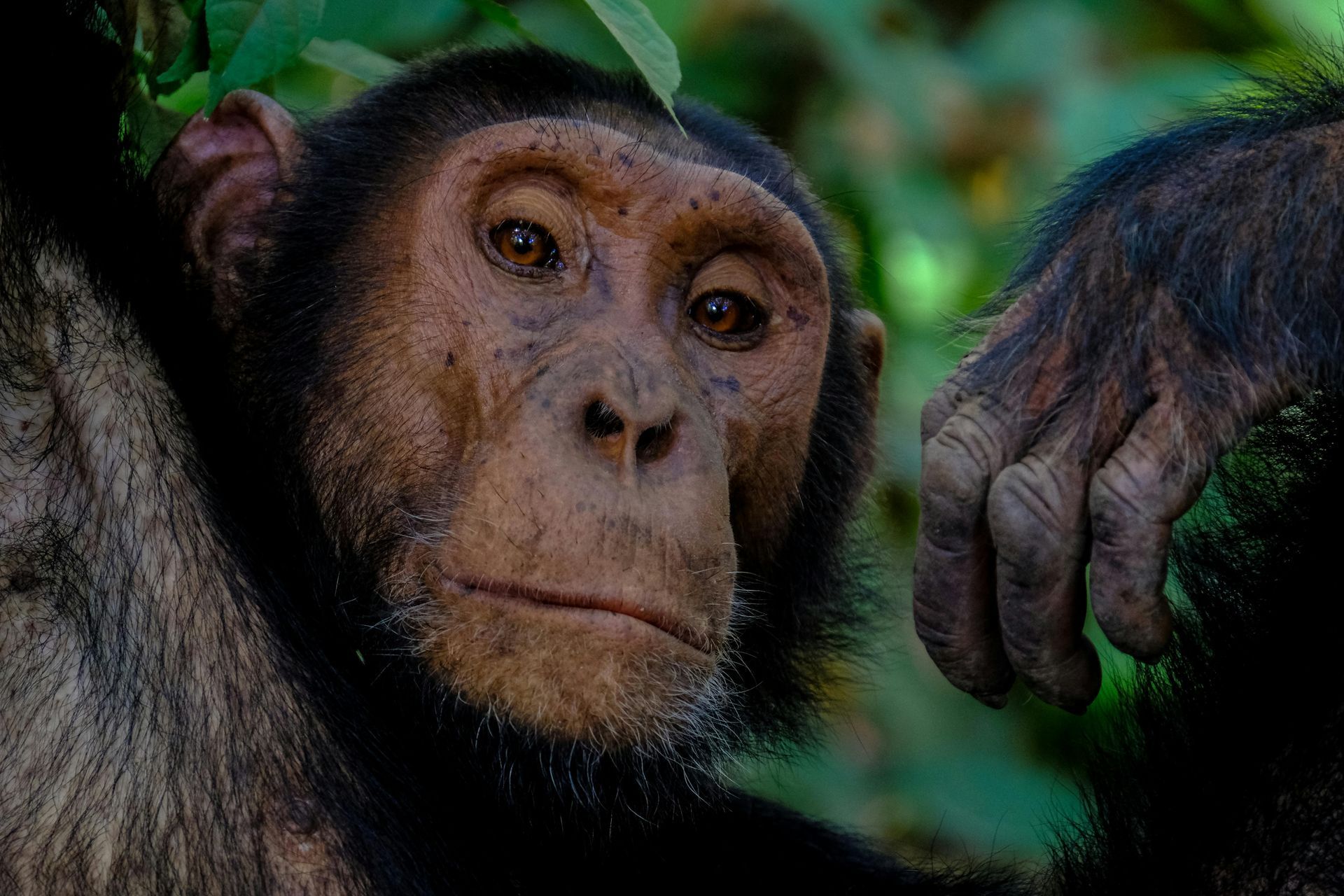
UK: +44 1379 658 721
Ireland: +353 89 221 3723
USA: +1 754 252 3536
Middle East - N. Africa: + 971 52 873 4738
Australia: +61 3 9310 5259
The latest covid vaccine news…
Vaccines, infection numbers and more.
There’s still so much we don’t know about covid itself, the vaccines, and the variants. We don’t yet know, for example, whether having covid and recovering from it makes you immune in the long term. But we do know that a single dose of Pfizer vaccine might not give us enough of an immune response to fight any new and dangerous covid variants.
Most vaccinated people in the UK have had their first dose but not their second. This might not deliver a good enough immune response against new variants when you haven’t already caught and recovered from covid. So says Danny Altmann at Imperial College London. He and his team investigated samples from healthcare workers in the UK who’d either had one dose of the Pfizer/BioNTech vaccine, had already been infected, or both. The results were an eye-opener. Apparently people who had previously suffered a mild or asymptomatic infection had a better neutralising antibody response against the new B.1.1.7 and B.1.351 variants after just the one jab, compared to people who had never caught covid but had a single jab.
What does this mean? Those of us who’ve had our first jab but have never been infected might not be as well protected against these and other new variants. It’s worrying because most of the vaccinated people in the UK so far have had just the one dose. And because more new variants are always a possibility. As a result of all this, it’s more important than ever that we all get our second jabs as soon as possible.
Falling infections in the UK
It’s good to know that England’s covid infection rate has dropped for the third week in a row, and it’s great news. At the same time it’s vital to keep on monitoring infections, since it’s still too early to tell whether easing the current lockdown has already resulted in the potential for a surge. And more new variants are always a possibility.
Rare blood clotting disorders remain very rare
29th April saw officials from the UK medicines regulator revealing data about a rare blood clotting disorder in people who’ve had the Oxford/AstraZeneca jab. So far there’s been 23 cases in people between 18 – 29 years old, 27 cases in the 30 – 39 age range, 30 in the 40 – 49 range and 59 cases in people who are 50 – 59. People aged 60 or over have seen 58 cases. The total so far is 209 cases and 41 deaths out of around 22 million of us. The numbers are statistically tiny, and the fact remains that having a jab is much less risky to your health than not having it.
40 plus? It’s time for your jab!
At the moment everyone in England aged over 40 is being asked to book jabs. So far over 34 million of us have had our first one, and 14 million of us have had both jabs – that’s about 20% of us in total.
The covid deaths league table – Top 5 worst death tolls
At 30th April 2021 these were the worst countries in the world for covid deaths:
1. USA – the worst of all
2. Brazil
3. Mexico
4. India
5. UK
The worldwide total covid death toll stands at more than 3.16 million. Confirmed cases so far add up to more than 150 million, but that’s probably much lower than the real number. Our World In Data reckons over 587 million people across the world have had at least one jab.
When will the pandemic end?
Optimists are saying the end of 2021 should also usher in an end to the pandemic, or at least an end to the mass lockdowns and surges we’ve been suffering. Others say it could be another year, at least, until we can rely on any kind of longer term return to ‘normal’. Some believe we’ll be battling this virus for a decade or more as it pops up, dies back and pops up again – just like the flu.
Whatever your views, whoever you prefer to believe, we’re not out of the woods yet. For a decent level of business certainty you need one of our UVC covid disinfection machines. Only then can you be confident about consumer safety, keep your employees properly protected, and enjoy a level of future-proofing that your business could never otherwise achieve, even more than a year down the line.
Shall we talk?








